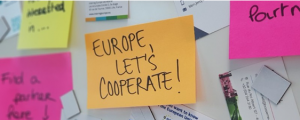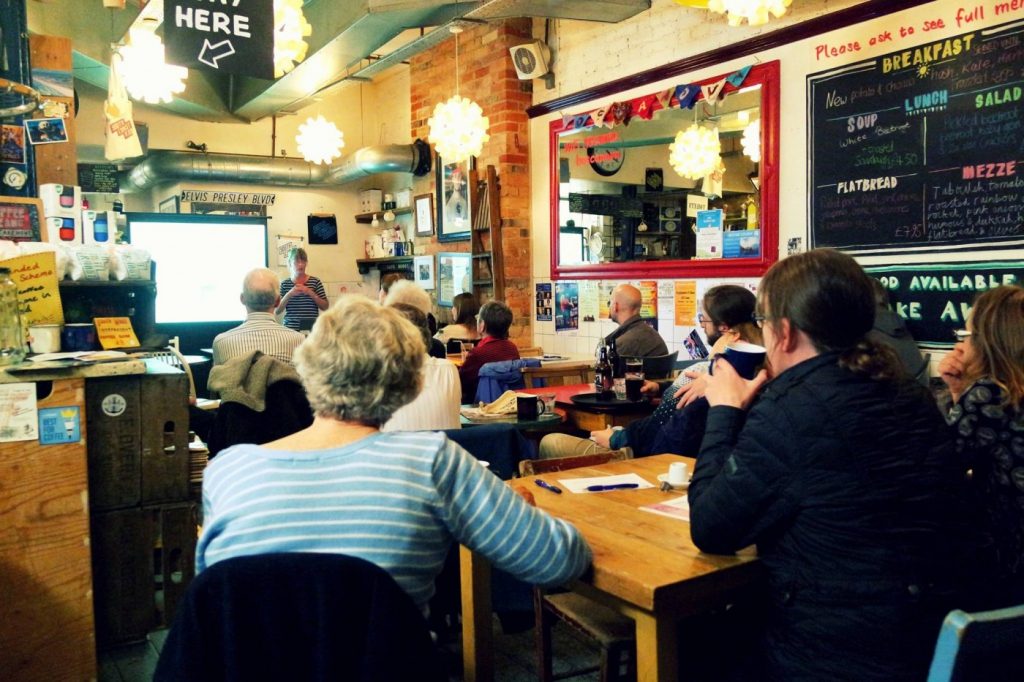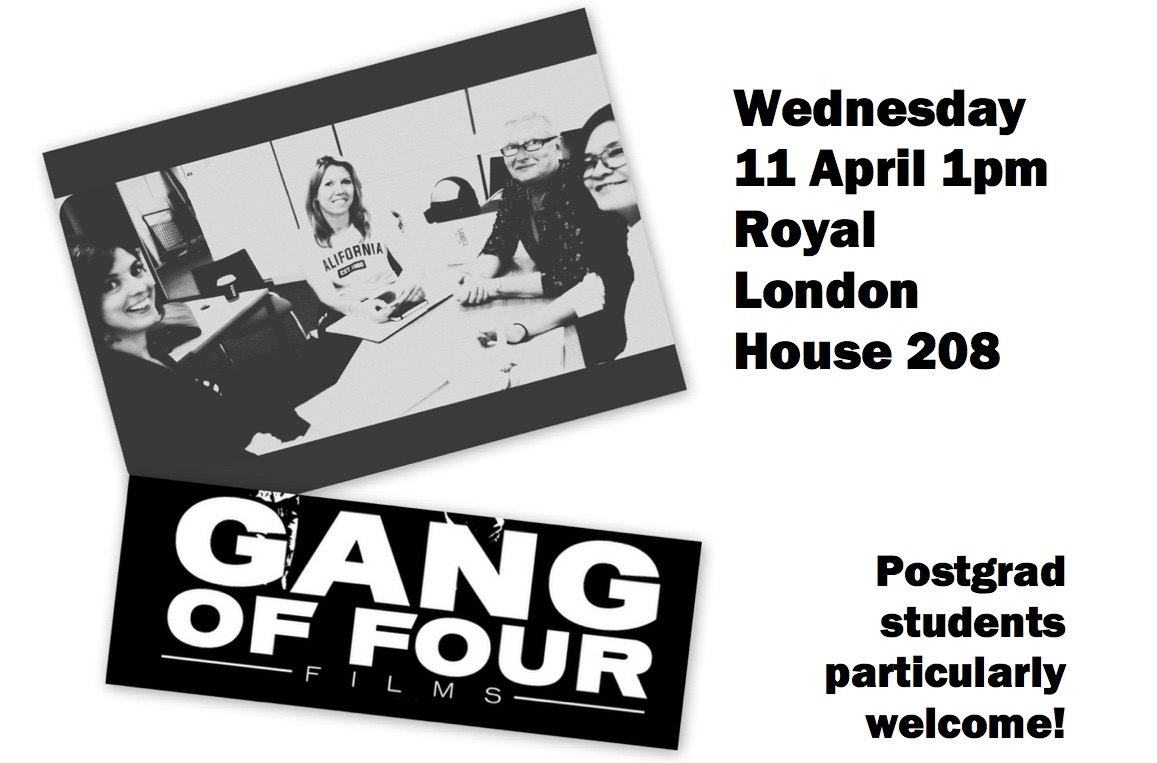12 Journal Editors will join Bournemouth University prestigious CHME2018 conference
27th Council for Hospitality Management Education (CHME) Annual Research Conference –
Innovation in Hospitality: connecting all stakeholders to deliver memorable experiences
22-25 May 2018 Bournemouth University, UK www.bournemouth.ac.uk/CHME
Professor Levent Altinay, Editor in Chief, Service Industries Journal, Oxford Brookes University, UK
Professor Clayton Barrows Editor of the International Journal of Hospitality & Tourism Administration, University of New Hampshire, USA
Professor Dimitrios Buhalis, Editor in Chief, Tourism Review, Bournemouth University, UK
Professor Cihan Cobanoglu Editor in Chief Journal of Hospitality and Tourism Technology, University of South Florida, USA
Professor Ulrike Gretzel Associate Editor, Annals of Tourism Research, University of Southern California, USA
Professor Jay Kandampully, Editor, Journal of Service Management, Ohio State University, USA
Dr Peter Lugosi, Reviews Editor, Hospitality & Society, Oxford Brookes University, UK
Professor Fevzi Okumus, Editor-in-Chief, International Journal of Contemporary Hospitality Management, University of Central Florida, USA
Professor Hanqin Qiu,Editor-in-Chief, Journal of Quality Assurance in Hospitality and Tourism, Nankai University, China
Dr Ioannis Pantelidis, Co-Editor-in-Chief, Journal of Tourism and Hospitality Research, University of Brighton, UK
Professor Bruce Tracey, Editor-in-Chief, Cornell Hospitality Quarterly, Cornell University, USA
Professor Perry Hobson, Editor-in-Chief, Journal of Vacation Marketing, Taylor’s University, Malaysia
They will hold two workshops during the conference
Tuesday 22 May 16:00-17:30 Research Publication Retreat Meet the Editor and Publish high impact papers
Friday 25 May 15:30-17:00 Research and Knowledge cocreation, REF2021 and publications
Please contact Dr Hanaa Osman or Professor Dimitrios Buhalis if you are interest in joining CHME2018 or those workshops.
22-25 May 2018 Council for Hospitality Management Education
CHME 2018 Conference Bournemouth University http://www.bournemouth.ac.uk/CHME
Provisional programme https://www1.bournemouth.ac.uk/sites/default/files/asset/document/CHME2018Programme.pdf
 BU will be launching a new network for Early Career Researchers later in 2018
BU will be launching a new network for Early Career Researchers later in 2018
 With the official launch of the UKRI last week, they now have a new website. Visit it here:
With the official launch of the UKRI last week, they now have a new website. Visit it here:  We’re excited to announce that we are joining forces with Pint of Science again this year to bring science back to the pubs of Bournemouth.
We’re excited to announce that we are joining forces with Pint of Science again this year to bring science back to the pubs of Bournemouth.


 programme will take place at the BINUS University in Jakarta, Indonesia in June 2018 and is designed for students from BU and BINUS University to work together on projects that address one or more of the Sustainable Development Goals (SDG). The SDG’s are a collection of 17 goals set by the United Nations for countries to work towards achieving. The goals are interrelated although each has its own targets and they cover a broad range of social and economic development issues. These include poverty, hunger, health, education, climate change, gender equality, water, sanitation, energy, environment and social justice. Charlotte says, ‘Collaborating with others on these projects will foster the development of my global mind-set and enhance my competence as a researcher interested in health and social sciences research’.
programme will take place at the BINUS University in Jakarta, Indonesia in June 2018 and is designed for students from BU and BINUS University to work together on projects that address one or more of the Sustainable Development Goals (SDG). The SDG’s are a collection of 17 goals set by the United Nations for countries to work towards achieving. The goals are interrelated although each has its own targets and they cover a broad range of social and economic development issues. These include poverty, hunger, health, education, climate change, gender equality, water, sanitation, energy, environment and social justice. Charlotte says, ‘Collaborating with others on these projects will foster the development of my global mind-set and enhance my competence as a researcher interested in health and social sciences research’.

 #TalkBU is a monthly lunchtime seminar on Talbot Campus, open to all students and staff at Bournemouth University and free to attend. Come along to learn, discuss and engage in a 20-30 minute presentation by an academic or guest speaker talking about their research and findings, with a Q&A to finish.
#TalkBU is a monthly lunchtime seminar on Talbot Campus, open to all students and staff at Bournemouth University and free to attend. Come along to learn, discuss and engage in a 20-30 minute presentation by an academic or guest speaker talking about their research and findings, with a Q&A to finish. 




 The Doctoral College would like to present the April monthly update.
The Doctoral College would like to present the April monthly update.










 Expand Your Impact: Collaboration and Networking Workshops for Researchers
Expand Your Impact: Collaboration and Networking Workshops for Researchers Visiting Prof. Sujan Marahatta presenting at BU
Visiting Prof. Sujan Marahatta presenting at BU 3C Event: Research Culture, Community & Can you Guess Who? Thursday 26 March 1-2pm
3C Event: Research Culture, Community & Can you Guess Who? Thursday 26 March 1-2pm UKCGE Recognised Research Supervision Programme: Deadline Approaching
UKCGE Recognised Research Supervision Programme: Deadline Approaching ECR Funding Open Call: Research Culture & Community Grant – Apply now
ECR Funding Open Call: Research Culture & Community Grant – Apply now ECR Funding Open Call: Research Culture & Community Grant – Application Deadline Friday 12 December
ECR Funding Open Call: Research Culture & Community Grant – Application Deadline Friday 12 December MSCA Postdoctoral Fellowships 2025 Call
MSCA Postdoctoral Fellowships 2025 Call ERC Advanced Grant 2025 Webinar
ERC Advanced Grant 2025 Webinar Update on UKRO services
Update on UKRO services European research project exploring use of ‘virtual twins’ to better manage metabolic associated fatty liver disease
European research project exploring use of ‘virtual twins’ to better manage metabolic associated fatty liver disease